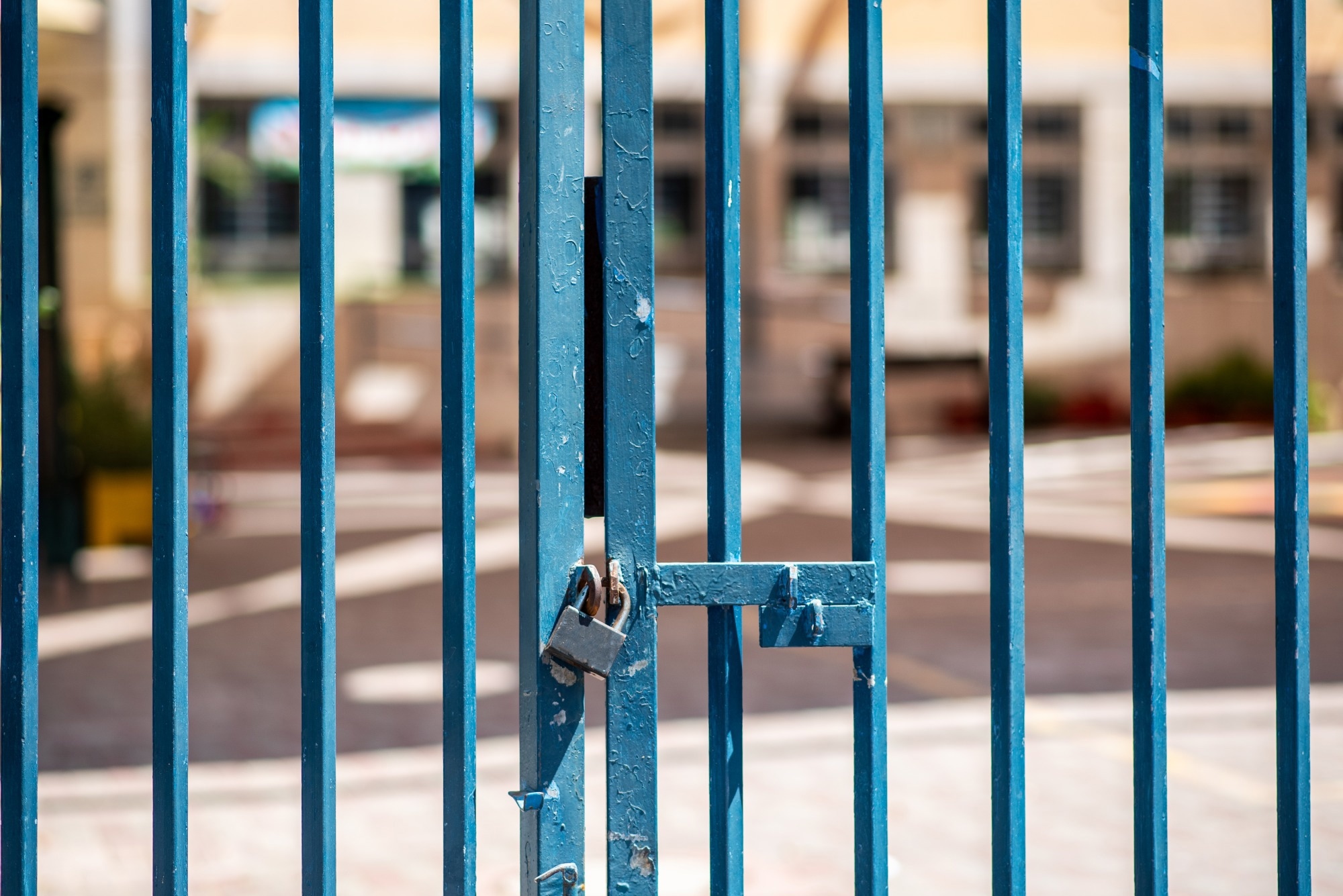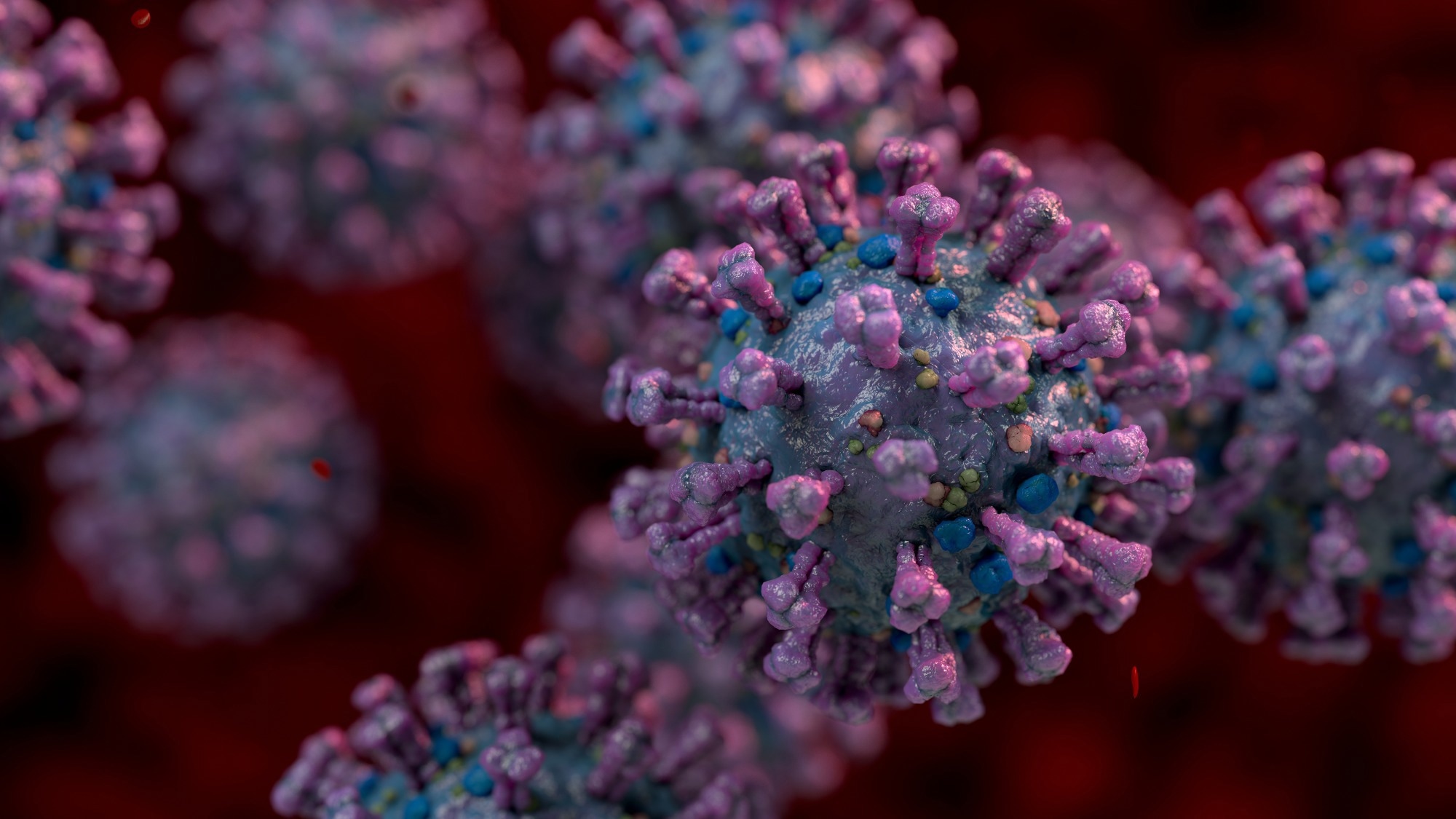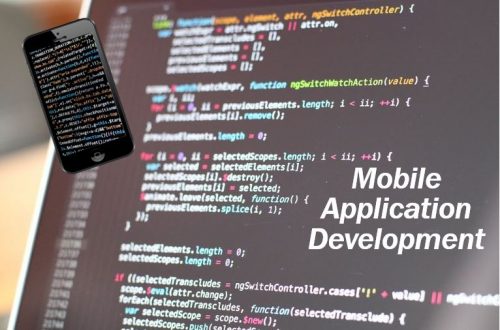In a recent study published in PLOS ONE, researchers studied the dynamics of coronavirus disease 2019 (COVID-19) conspiracist ideation—a general tendency to believe in conspiracy theories. Additionally, they highlighted the importance of fighting the spread of real-world COVID-19 conspiracy theories.
Background
Conspiracy theorists are like-minded people who discuss conspiracy theories on the Internet on diverse ideas (e.g., the global nobility is conspiring to create a new order worldwide). Some events in the recent past brought conspiracy theories and their believers to the forefront. Since then, behavioral scientists also showed a substantial inclination towards publications on conspiracy theory beliefs. Despite this recent research outburst on why people endorse or reject conspiracy theories, studies have barely investigated the psychological variables that trigger people’s tendency to generally believe in conspiracy theories.
Previous cross-sectional research has revealed that higher anxiety, need for uniqueness, intuitive thinking, and narcissism are linked to higher levels of conspiracist ideation. Yet, a believer in a specific conspiracy theory is not always a conspiracy theorist. Although situational factors, such as a lack of control and threat to social identity, can shove people towards endorsing a specific conspiracy theory. Since the COVID-19 pandemic heightened people’s anxiety and feelings of uncertainty and created friction between social groups, it presented an environment conducive to the surge of conspiracy theories.
About the study
In the present study, researchers focused on two COVID-19 conspiracy theories; the first theory states that COVID-19 was spread for evil reasons, and the second endorsed it as more fatal than it really is. They used longitudinal data from multiple studies to investigate a notion referred to as the gateway conspiracy hypothesis, which likely shaped people’s response to the COVID-19 pandemic.
The researchers worked around the central idea that believing in one conspiracy theory can further trigger conspiracist ideation. In other words, it paves the way for greater receptivity to other conspiracy theories. Thus, they pursued two measurement approaches that differed in their level of abstraction. The first approach was an event-based approach that presented the study participants with many statements about some prevalent conspiracy theories and asked for their agreement for each. For instance, conspiracy theories state different narratives of the assassination of former US president John F. Kennedy. The second approach also involved real-world conspiracy theories but focused on a smaller subset of generic conspiracist beliefs that underlie these theories.
The former approach suggested that the constituent items cohered and conspiracist ideation existed on a gamut ranging from a tendency to endorse or reject these conspiracy theories. The latter indicated a greater consistency in content and a broader overview of these theories across time and cultures. For instance, conspiracy theories about the assassination of Princess Diana had this generic conspiracist belief that the murder of prominent citizens is politically motivated.
Study 1
In study 1, the team captured subsequent conspiracist ideation in two ways. First, they assessed baseline belief in an unrelated fraud in the American Presidential election of 2020. Next, they hypothesized that greater baseline belief in COVID-19 conspiracy theories would also be associated with greater belief in this unrelated theory at follow-up six months later. For assessments at both time points, they used the Generic Conspiracist Beliefs Scale—a popular and well-validated measure of the assessment of conspiracist ideation.
Study 2
In Study 2, the researchers used publicly-available data collected by the COVID-19 Psychological Research Consortium (C19PRC) to provide an additional test of the gateway conspiracy hypothesis. The C19PRC conducted among the residents of the United Kingdom used the Conspiracy Mentality Questionnaire. This study used a larger dataset collected in a different sociopolitical context and employed alternative measures for assessments of belief. Thus, the study 2 results, if consistent with study 1, strengthened the effects observed in study 1.
Study findings
The current study raised two possibilities concerning the COVID-19 conspiracy theories. The first one suggests that people’s level of conspiracist ideation is impervious to environmental factors, while the second one proposes that it changes as a function of commendation of COVID-19 conspiracy theories. They tested how believing in specific conspiracy theories altered the thoughts, feelings, and behavior of the believers and translates into greater receptivity to conspiracy theories.
The study 1 results suggested that believing COVID-19 conspiracy theories predicted belief in the novel conspiracy of voter fraud in the 2020 American Presidential election six months later, even when statistically controlling for potential confounds. The study 2 results also predicted that greater belief in COVID-19 conspiracy theories increased conspiracist ideation over several months.
Conclusions
To conclude, the current research found adequate evidence supporting the gateway conspiracy hypothesis. The study results showed that several factors triggered changes in conspiracist ideation. Further, it pointed to how engagement with specific conspiracy theories further increased conspiracist ideation.
The findings of the current study also had several practical implications. For instance, situational threats, such as experiencing negative economic consequences due to the COVID-19 pandemic, likely pushed people towards believing COVID-19 conspiracy theories. Thus, the researchers emphasized that policymakers test strategies that reduce people’s belief in conspiracy theories. Likewise, it is important that people trust authorities and not get drawn towards conspiracy theory websites like abovetopsecret.com.













